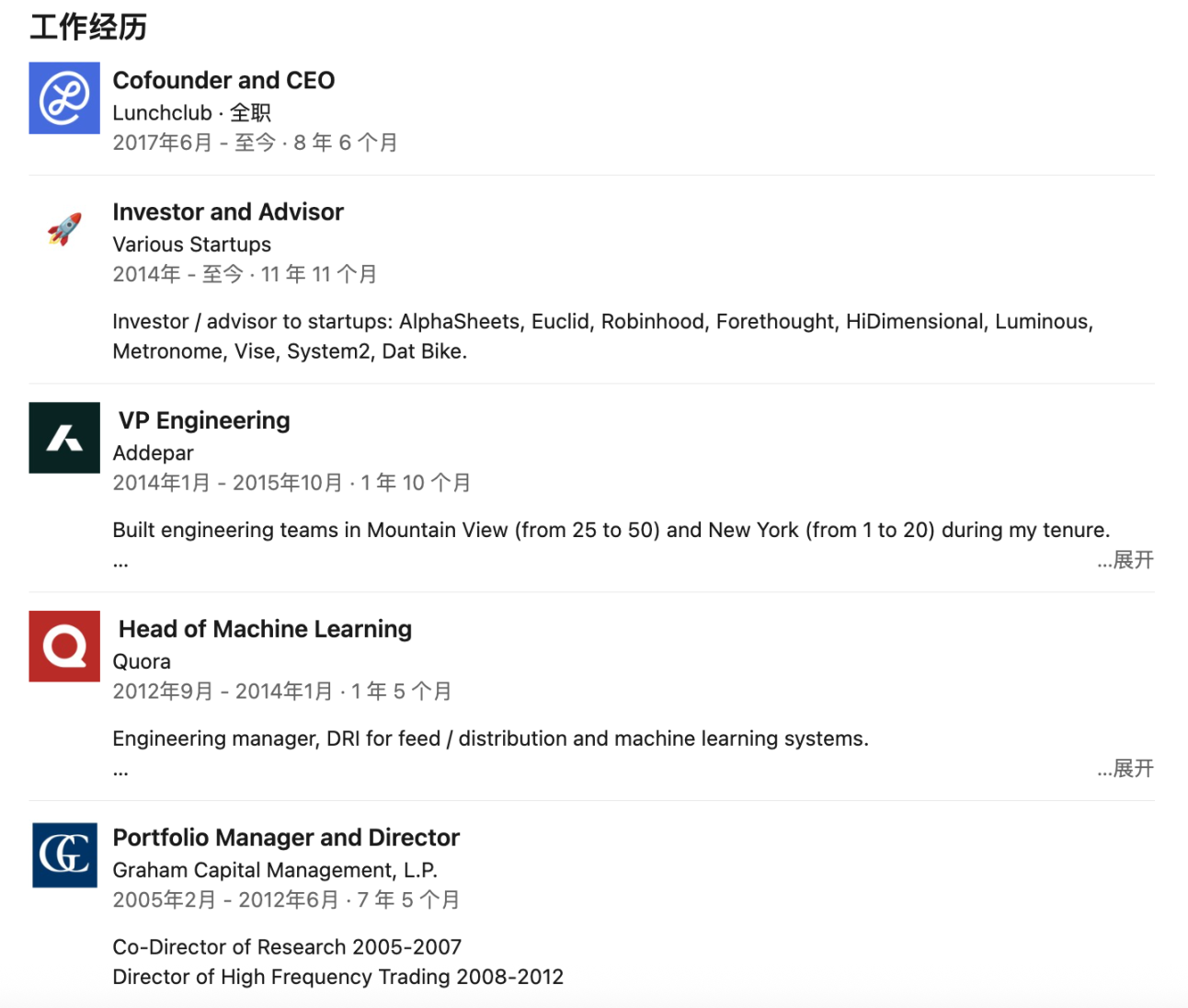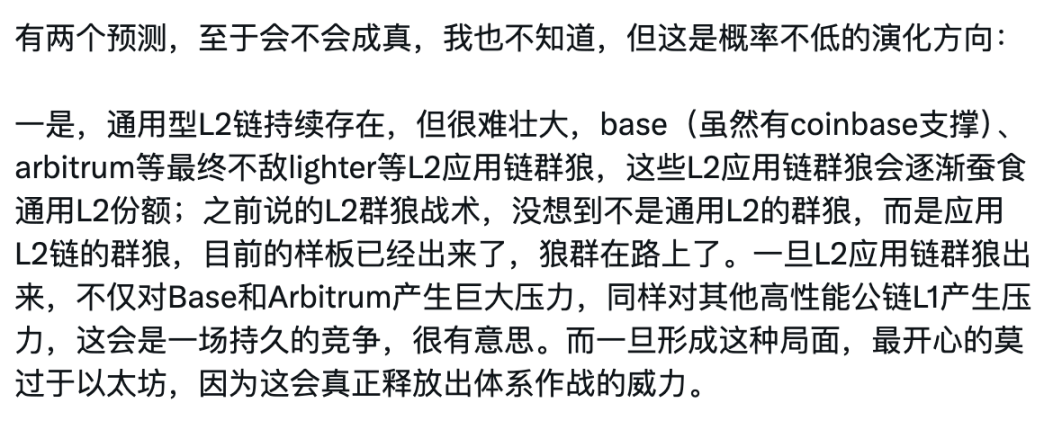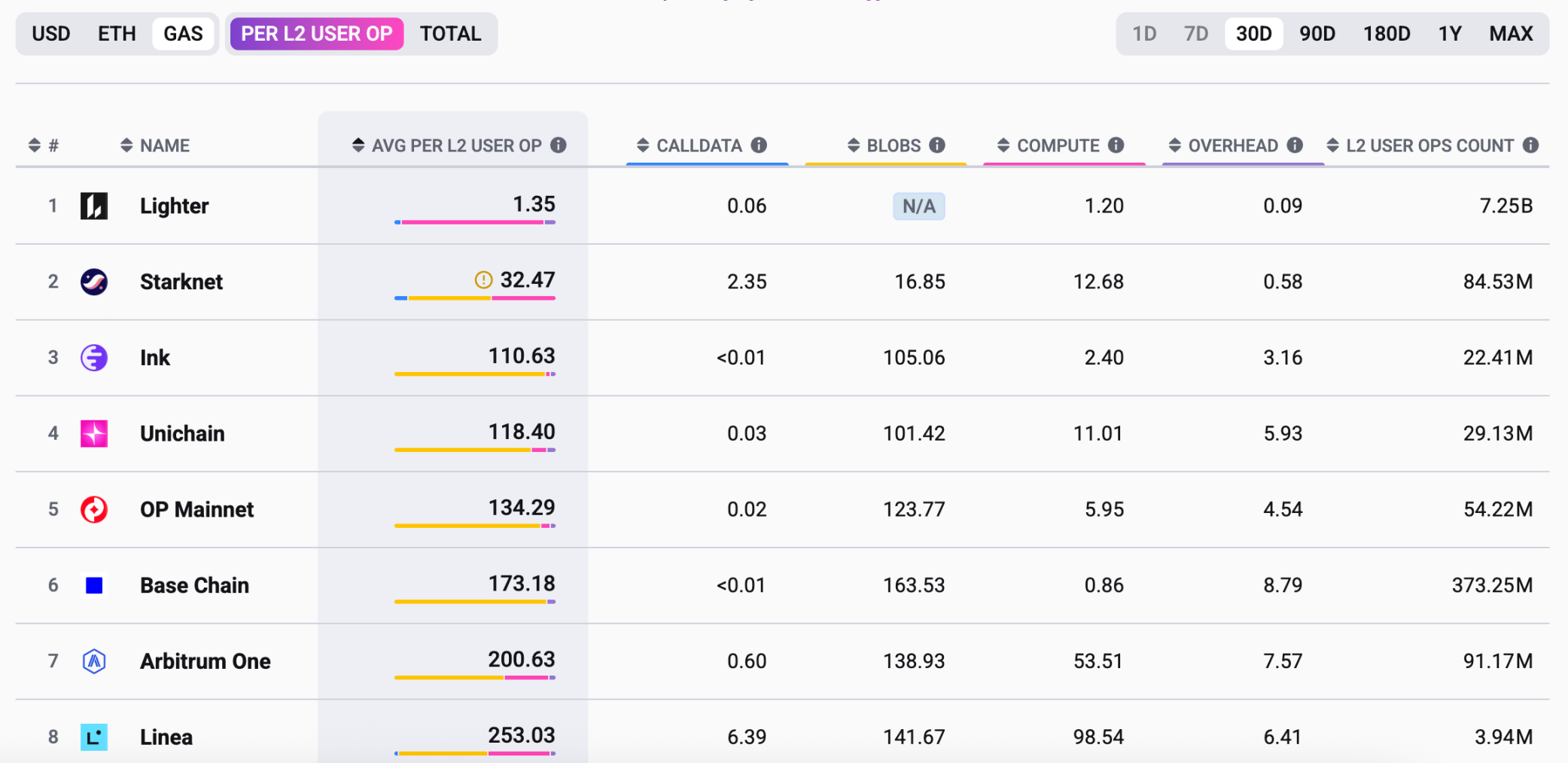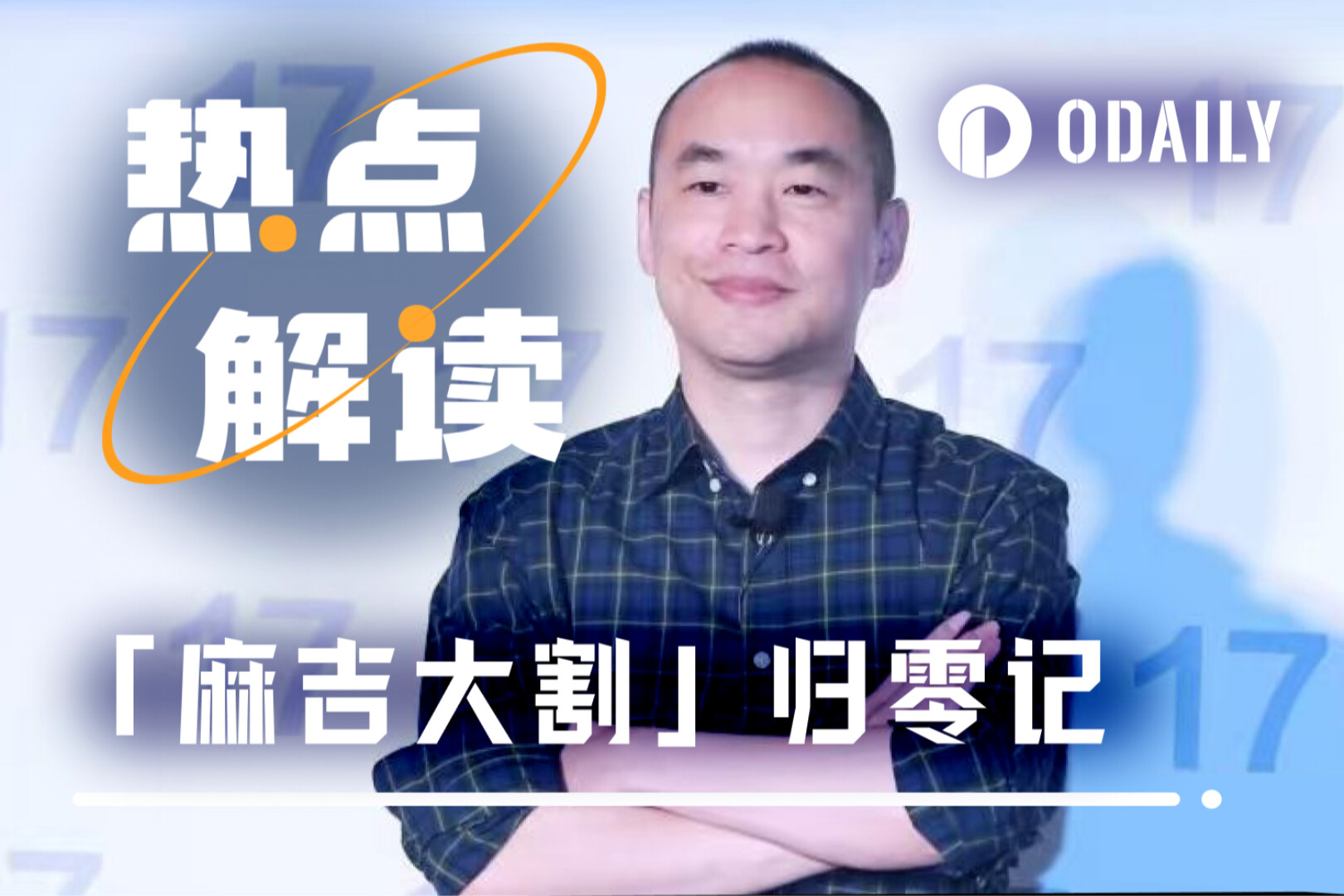Robinhood makes a rare bet: Lighter and its brilliant founder.
Original author: Eric, Foresight News
Perp DEX has undoubtedly been one of the hottest topics in recent months. After HyperLiquid broke into the mainstream, leading projects have showcased their unique strengths. HyperLiquid has shone brightly without funding thanks to its team's operational capabilities, while Aster has partnered with Binance, leveraging its "big brother's" influence to quickly seize market share. Lighter, on the other hand, has chosen to embrace capital.
Fortune magazine reported on November 11 that Lighter had raised $68 million in its latest funding round, with a formidable lineup of investors including Founders Fund, Ribbit Capital, and Haun Ventures. Even Robinhood, a popular brokerage firm that rarely invests, couldn't resist voting with its feet.
Beyond the funding rounds, the report also revealed the untold story behind Lighter.
From trading to AI and back to trading
Lighter founder Vladimir Novakovski demonstrates a profound truth: even geniuses need to focus on their areas of expertise. Unlike many entrepreneurs who transition from the Web3 industry to AI, Vladimir Novakovski chose to do the opposite.
Vlad immigrated to the United States from Russia at a young age. At an age when many were still memorizing formulas for solving quadratic equations, he was selected for the US national team to participate in the International Olympiads in Informatics and Physics. At 16, Vlad entered Harvard University and graduated early three years later. At 18, he was personally invited to join Citadel, one of the world's largest hedge funds and market makers, by Ken Griffin, the CEO.

After nearly 15 years of experience as an engineer and trader, Vlad co-founded the AI social networking platform Lunchclub in 2017 with Scott Wu, who worked at the investment firm Addepar.
Lunchclub raised approximately $30 million in funding, attracting a large number of users eager to meet new people during the early stages of the pandemic. However, growth began to stagnate in 2022. "We had three paths at the time: one was to try to make it profitable but on a small scale; another was to try to develop it from what it is now into a platform like TikTok or Snapchat, but neither seemed very feasible," Vald said. "The third path was to transform and do what we were really interested in."
That year, the two founders parted ways. Wu left Lunchclub to found the AI coding company Cognition, which has since been valued at over $10 billion. Vlad, who remained at Lunchclub, decided to lead the company's transformation, focusing on his area of expertise: trading. The transformed Lunchclub became Lighter. Vlad retained 80% of the original team and completed a $21 million funding round in 2024, led by Haun Ventures and Craft Ventures, with participation from Dragonfly and Robot Ventures. However, this funding round was not disclosed at the time.

In fact, Lighter didn't initially aim to be a perp DEX. Launched at the end of 2022, Lighter was a spot DEX on Arbitrum, only transitioning to a perp DEX in 2023 and starting development of its own ZK Rollup. Its mainnet officially launched this October. However, in just over a month, Lighter has already become the fourth largest L2 database in terms of TVL, after Arbitrum One, Base, and OP Mainnet. Even OG Bluefox was surprised that a customized L2 database would emerge before a general-purpose L2 database.

What kind of ZK L2 is Lighter?
When OP Rollups held the advantage, many insightful industry insiders pointed out that "ZK is the End Game." Today, from Brevis to ZKsync Airbender, we finally understand the meaning of this statement, and clearly, Vald had already seen through everything.
As a founder with both engineering and trading experience, Vald's L2 was almost tailor-made for DEXs.
In short, Lighter has integrated all its core logic—matching, clearing, and risk control—into a custom SNARK circuit, and anchors the final state to Ethereum L1 in batches. In other words, Lighter's L2 design incorporates "exchange logic" into ZKP's circuitry, with all design elements focused on faster transaction execution and verification. Even Lighter's sorter only has "sorting rights"; the matching logic is fixed within the circuitry, and the sorter cannot select or insert orders.
Lighter named this architecture "Lighter Core," and in its documentation, it states that "Lighter Core's scalability benefits from its newly developed proof engine, which was built from scratch specifically for exchange-specific workloads. It utilizes new algorithms and optimized data structures to efficiently generate proofs of exchange operations. All exchange operations are deterministically executed through user-signed transactions. A batch of such transactions generates a new post-execution state and a concise cryptographic proof."
In my article, "ZKsync, Praised by Vitalik, May Actually Be Underrated," I explained ZK's advantages in verification. Theoretically, once a transaction is verified by ZKP, finality is achieved, and submitting it to Ethereum L1 becomes a "process" issue. Lighter increases the complexity of the proof process itself to generate simpler proofs, but optimizes transaction speed.
In addition, Lighter's zero-fee trading for retail investors is another point of discussion in the market. Lighter has not specifically explained why it does not charge fees, but we can roughly guess from its mechanism design and Robinhood's investment.
According to the Lighter documentation, the protocol does not charge retail traders any fees, but the latency for takers and pending orders is 300 milliseconds and 200 milliseconds, respectively. For premium accounts targeting market makers and high-frequency traders, fees of 0.002% and 0.02% are charged for pending and takers, respectively, with latency of 0 and 150 milliseconds. The author speculates that this free but high-latency design for less price-sensitive retail traders may be modeled after Robinhood's Payment for Flow (PFOF) mechanism, with the fees charged to premium accounts equivalent to Robinhood's commission from market makers.

Thus, retail investors have high trading enthusiasm, and high-frequency trading by premium accounts is profitable. Lighter only needs to charge premium accounts a commission to provide a better user experience and also collect substantial fees from market makers. This mutually beneficial arrangement results in a significant reduction in gas fees while the volume of transactions continues to increase.
As a side note, the second season of the Lighter Points Program is currently underway, with corresponding point distribution policies for both retail investors and market makers. For retail investors, there is a total of 200,000 points available each week, calculated based on factors such as trading volume, open interest, and profits, and distributed every Friday. Given that the Fortune report mentioned that the fundraising also involved token warrants, Lighter's points system is highly likely to be a key consideration for future airdrops.
Even geniuses can't be perfect in every aspect.
Entering Harvard at 16, completing all courses in 3 years, and being personally recruited by the CEO of Citadel—this kind of amazing experience, which even fictional authors wouldn't dare to fabricate, actually happened to Vladimir Novakovski, the founder of Lighter. But even someone as strong as Vladimir Novakovski failed in his AI social startup.
With his talent in engineering and trading, Vlad entered the Web3 space through Lighter, attracting a swarm of profit-driven investors. Joey Krug, a partner at Founders Fund, stated that Vlad and his team accounted for 85% to 90% of investment decisions.

According to DefiLlama data, Lighter's trading volume has recently climbed to the top, although we cannot rule out the presence of airdrop hunters due to its zero transaction fees. Interestingly, however, the final battle for perp DEXs, which was thought to have been ended by HyperLiquid, may have only just begun.
- 核心观点:Lighter凭技术优势成Perp DEX新星。
- 关键要素:
- 获6800万美元顶级机构融资。
- 定制ZK Rollup提升交易效率。
- 零手续费策略吸引大量用户。
- 市场影响:推动ZK技术落地与DEX竞争升级。
- 时效性标注:中期影响



